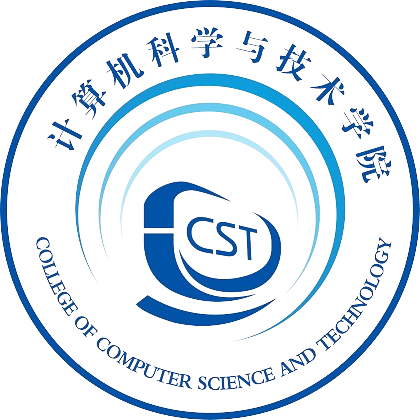
To generate or not to generate: a glimpse of answers for title refinement
发布日期:2024-03-29 浏览次数:137
主讲人:Dr Angela Huo,University of Technology Sydney
讲座时间:2024-04-02 14:00:00
讲座地点:线下:临港校区计电楼509会议室
主办单位:澳门新葡官网进入网址
讲座人简介:Dr Angela Huo is the program director and the associate head for teaching and learning at the School of Computer Science in the Faculty of Engineering and Information Technology at the University of Technology Sydney (UTS). Her research focuses on utilizing AI and data analysis techniques to improve the efficiency and security of modern software systems. Her recent interest lies in recommendation system, anomaly detection and privacy-preserving through data mining and deep learning. Her papers have been published in highly ranked conferences and journals, such as Web Conference, AAAI, Information Sciences, IEEE Trans. on Knowledge and Data Engineering, IEEE Trans. on Industrial Informatics and etc. She is also the program coordinator of Cybersecurity and Privacy and the site coordinator of the South Pacific Programming Contests (SPPC) region of the International Collegiate Programming Contest (ICPC).
讲座内容:
Nowadays, an increasing number of customers are in favour of using E-commerce Apps to browse and purchase products. Since merchants are usually inclined to employ redundant and over-informative product titles to attract customers' attention, it is of great importance to concisely display short product titles on limited screen of cell phones. Previous researchers mainly consider textual information of long product titles and lack of human-like view during training and evaluation procedure. In this talk, She will introduce a novel method for short product title generation, which innovatively incorporates image information, attribute tags from the product and the textual information from original long titles. Furthermore, she will introduce the latest team research results of LLMs in recommendation system and privacy protection, and briefly introduces how to expand research questions to knowledge innovation and development, and keep up with the academic frontier and technological development needs.

